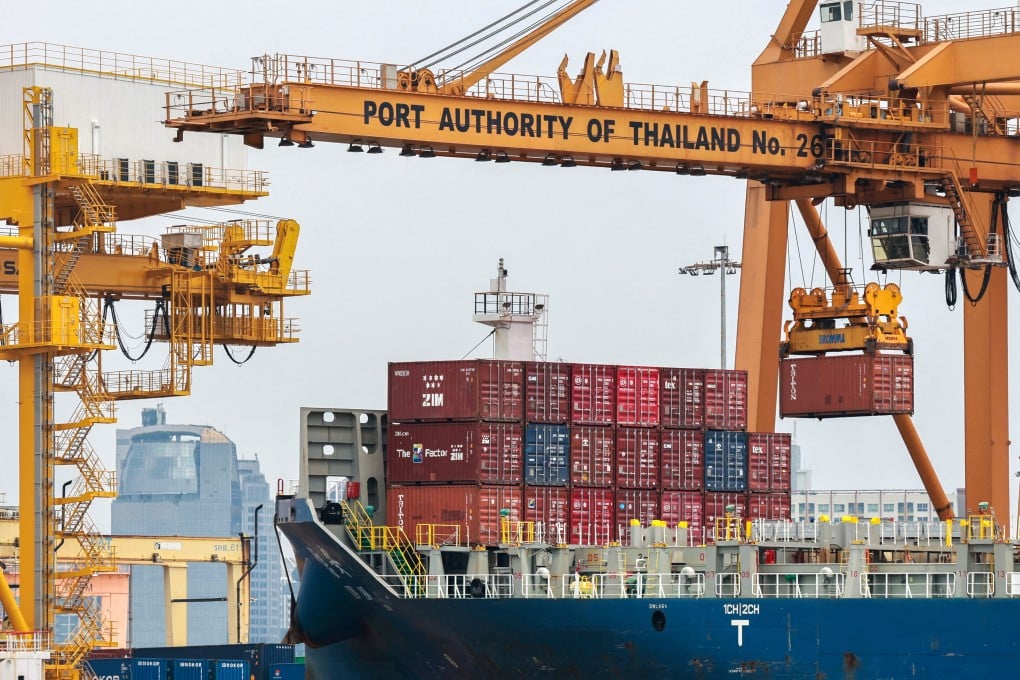Asian Angle | Trump’s tariffs: can Thailand escape the US trade trap after 90 days?
Thailand is seeking to boost imports from the US to address the challenges of Trump’s tariffs, but this is unlikely to improve its economic position

The consequences will be particularly harsh for trade-dependent developing countries like Thailand. Since the late 1970s, trade has been a major driver of rapid economic growth and structural change in the country, shifting labour from agriculture to manufacturing and services.
A distinctive feature of Thailand’s trade framework is its ability to create jobs through labour-intensive manufacturing exports. Since 1990, liberal trade and investment policies, along with lower transport and communication costs, have deepened Thailand’s integration into global value chains. Today, the country is a major hub for the automobile and electronics industries.
In this context, Trump’s tariffs are set to have a substantial effect on the Thai economy. The US is the country’s largest export market, accounting for about 17 per cent of total exports. Thailand has long maintained a trade surplus with the US, and exports remained strong even during the Covid-19 pandemic, showing their strong economic connections.
As Sino-US trade tensions have escalated, many of the items exported from Thailand to the US between 2018 and 2022 were once sourced from China. This includes electronics appliances, air conditioners, hard disk drives, photosensitive semiconductors and image sensors. More crucially, Thailand is heavily reliant on the US market for many products.
